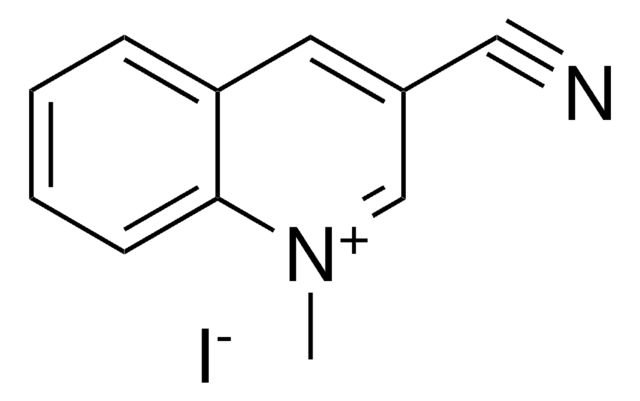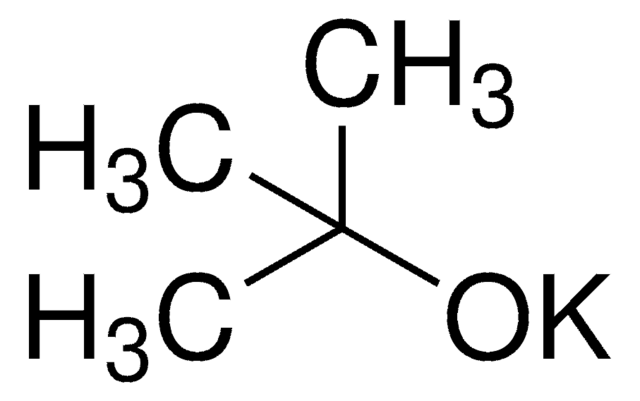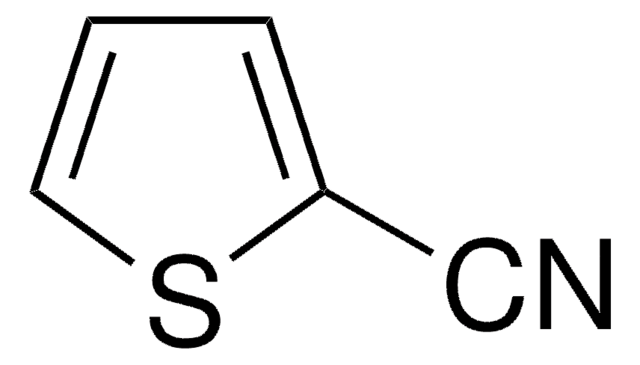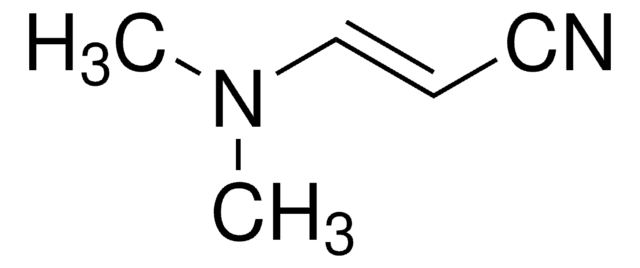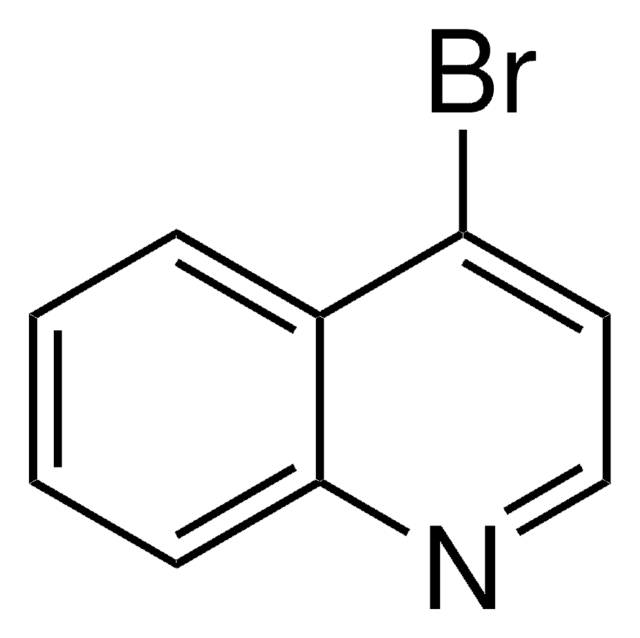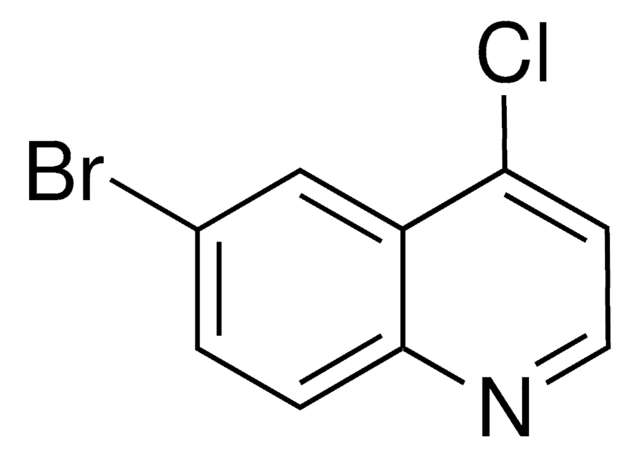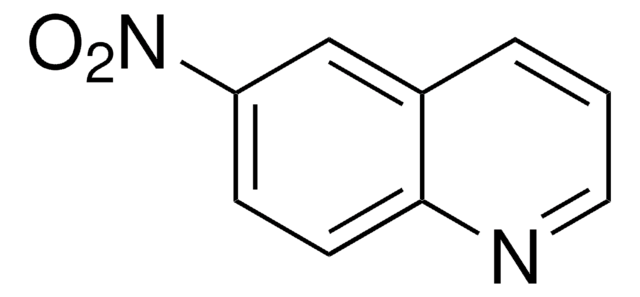All Photos(1)
About This Item
Empirical Formula (Hill Notation):
C10H6N2
CAS Number:
Molecular Weight:
154.17
EC Number:
MDL number:
UNSPSC Code:
12352100
PubChem Substance ID:
NACRES:
NA.22
Recommended Products
Assay
98%
form
powder
mp
108-110 °C (lit.)
SMILES string
N#Cc1cnc2ccccc2c1
InChI
1S/C10H6N2/c11-6-8-5-9-3-1-2-4-10(9)12-7-8/h1-5,7H
InChI key
QZZYYBQGTSGDPP-UHFFFAOYSA-N
Related Categories
Application
3-Quinolinecarbonitrile was used as a template for EGFR inhibitors.
Signal Word
Warning
Hazard Statements
Precautionary Statements
Hazard Classifications
Acute Tox. 4 Dermal - Acute Tox. 4 Inhalation - Acute Tox. 4 Oral - Eye Irrit. 2 - Skin Irrit. 2 - STOT SE 3
Target Organs
Respiratory system
Storage Class Code
11 - Combustible Solids
WGK
WGK 3
Flash Point(F)
Not applicable
Flash Point(C)
Not applicable
Personal Protective Equipment
dust mask type N95 (US), Eyeshields, Gloves
Certificates of Analysis (COA)
Search for Certificates of Analysis (COA) by entering the products Lot/Batch Number. Lot and Batch Numbers can be found on a product’s label following the words ‘Lot’ or ‘Batch’.
Already Own This Product?
Find documentation for the products that you have recently purchased in the Document Library.
Diane H Boschelli
Current topics in medicinal chemistry, 8(10), 922-934 (2008-08-05)
In 2000, Wyeth reported that the 3-quinolinecarbonitrile ring system was a template for EGFR inhibitors. It soon became apparent that the group at C-4 of this core was responsible for kinase selectivity. A 4-(2,4-dichloro-5-methoxyanilino) substituent provided potent inhibitors of Src
Tamara Rodríguez-Cabo et al.
Analytical and bioanalytical chemistry, 407(20), 6159-6170 (2015-06-05)
Time-of-flight accurate mass spectrometry (TOF-MS), following a previous chromatographic (gas or liquid chromatography) separation step, is applied to the identification and structural elucidation of quinoline-like alkaloids in honey. Both electron ionization (EI) MS and positive electrospray (ESI+) MS spectra afforded
Our team of scientists has experience in all areas of research including Life Science, Material Science, Chemical Synthesis, Chromatography, Analytical and many others.
Contact Technical Service
